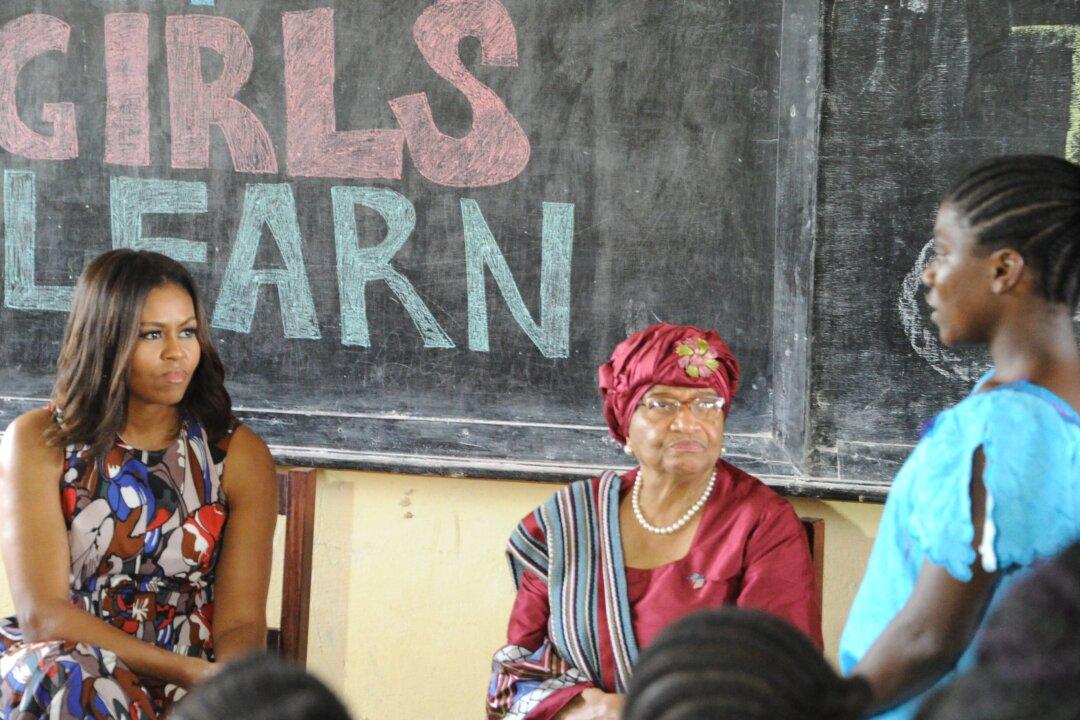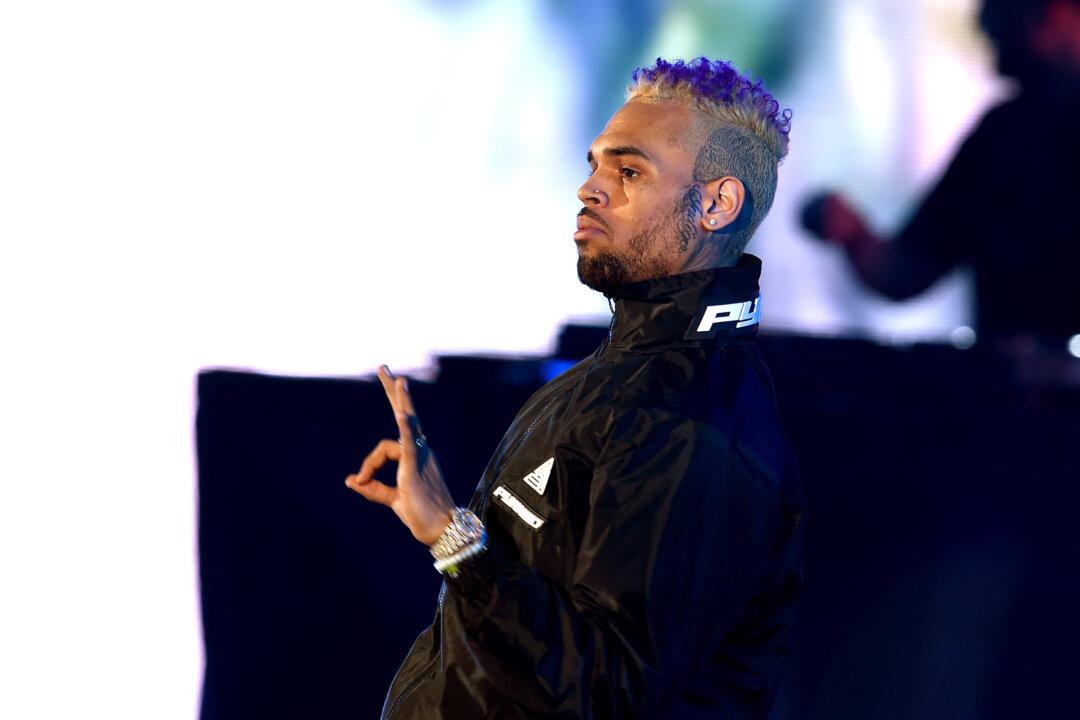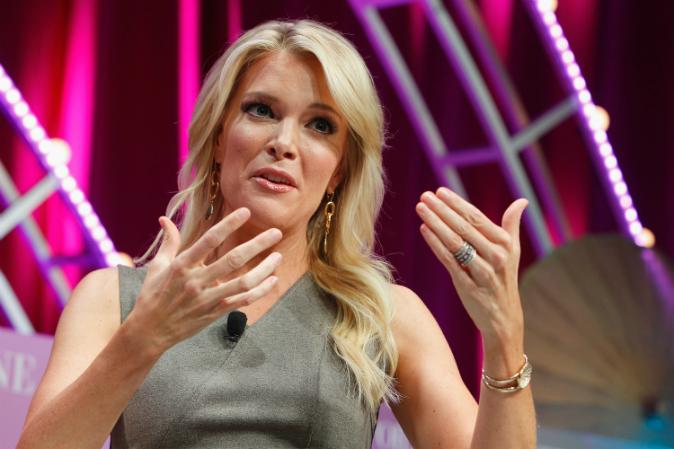Jomalin Kamara is one of the lucky few young girls in Liberia who completed primary school. And it wasn’t easy—there were cultural quagmires she had to navigate along the way.
The established culture is to educate boys but not girls, Kamara says.
Only 7 percent of boys and girls combined complete primary school in the West African nation, according to the Education Policy and Data Center. Only 37 percent of young women in Liberia are literate, according to UNICEF. The literacy rate for young men is nearly twice that, at 68 percent.
“Culture plays a key role,” Kamara, 21, said via Facebook. “For example, my mommy, she didn’t finish school when she was with her parents because their culture supports only boys going to school. And for most parents, they strongly believe in their culture. They will do everything to never go against it.”
Kamara is grateful for the sacrifices her parents made for her to pursue an academic career. She is currently studying statistics at the National School of Statistics and Applied Economics in the Ivory Coast on a full scholarship.
“I’m not the only child, so [my parents] had to take care of every one of us [sic] school fees,” said Kamara. “My dad repaired watches to send us to school. For that I’m grateful.”
Ironically, in a family of four children—two girls and two boys—Kamara and her sister are the only ones to pursue higher education.
Kamara’s advice to other girls who seek to convince their families that education won’t destroy their culture comes from experience. More than a third of Liberian women are married by the time they are 18 years old, according to stats released by UNICEF.
“I will tell her to convince them by secretly going to school, make good grades, still be intelligent and humble, and show her parents that you can be educated and still be a good housewife—because that’s what they are afraid of,” said she said.





